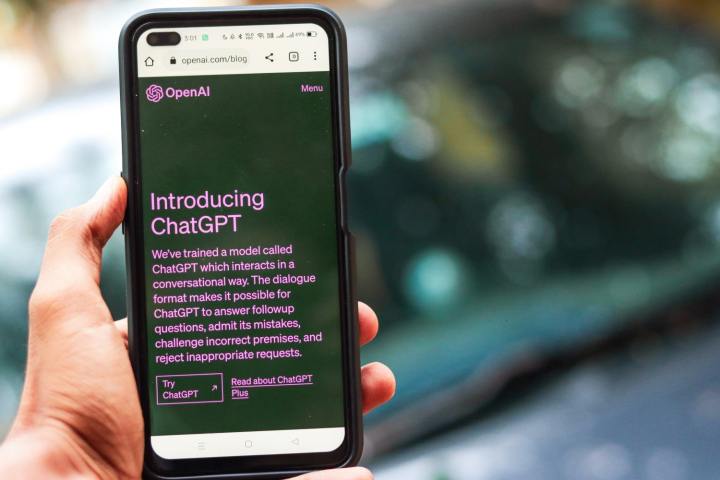Most American adults do not trust artificial intelligence (AI) tools like ChatGPT and worry about their potential misuse, a new survey has found. It suggests that the frequent scandals surrounding AI-created malware and disinformation are taking their toll and that the public might be increasingly receptive to ideas of AI regulation.
The survey from the MITRE Corporation and the Harris Poll claims that just 39% of 2,063 U.S. adults polled believe that today’s AI tech is “safe and secure,” a drop of 9% from when the two firms conducted their last survey in November 2022.

When it came to specific concerns, 82% of people were worried about deepfakes and “other artificial engineered content,” while 80% feared how this technology might be used in malware attacks. A majority of respondents worried about AI’s use in identity theft, harvesting personal data, replacing humans in the workplace, and more.
In fact, the survey indicates that people are becoming more wary of AI’s impact across various demographic groups. While 90% of boomers are worried about the impact of deepfakes, 72% of Gen Z members are also anxious about the same topic.
Although younger people are less suspicious of AI — and are more likely to use it in their everyday lives — concerns remain high in a number of areas, including whether the industry should do more to protect the public and whether AI should be regulated.
Strong support for regulation

The declining support for AI tools has likely been prompted by months of negative stories in the news concerning generative AI tools and the controversies facing ChatGPT, Bing Chat, and other products. As tales of misinformation, data breaches, and malware mount, it seems that the public is becoming less amenable to the looming AI future.
When asked in the MITRE-Harris poll whether the government should step in to regulate AI, 85% of respondents were in favor of the idea — up 3% from last time. The same 85% agreed with the statement that “Making AI safe and secure for public use needs to be a nationwide effort across industry, government, and academia,” while 72% felt that “The federal government should focus more time and funding on AI security research and development.”
The widespread anxiety over AI being used to improve malware attacks is interesting. We recently spoke to a group of cybersecurity experts on this very topic, and the consensus seemed to be that while AI could be used in malware, it is not a particularly strong tool at the moment. Some experts felt that its ability to write effective malware code was poor, while others explained that hackers were likely to find better exploits in public repositories than by asking AI for help.
Still, the increasing skepticism for all things AI could end up shaping the industry’s efforts and might prompt companies like OpenAI to invest more money in safeguarding the public from the products they release. And with such overwhelming support, don’t be surprised if governments start enacting AI regulation sooner rather than later.
Editors' Recommendations
- Why Llama 3 is changing everything in the world of AI
- Apple finally has a way to defeat ChatGPT
- OpenAI needs just 15 seconds of audio for its AI to clone a voice
- New report says GPT-5 is coming this summer and is ‘materially better’
- OpenAI’s latest Sora video shows an elephant made of leaves




